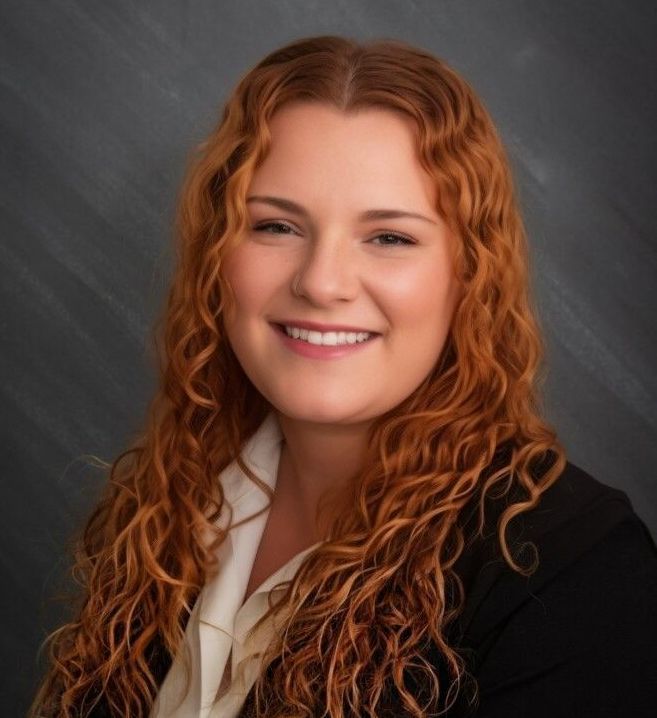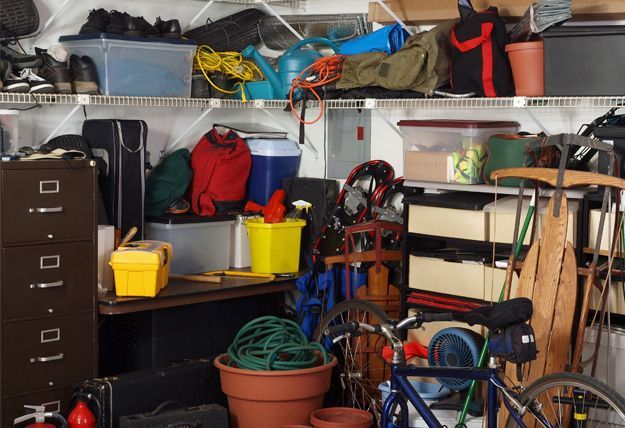Helping Children Grieve
As funeral directors, there is nothing that we understand more than that the grieving process is different for everyone. The way someone grieves, when they grieve, how long they grieve, all varies from person to person. Throughout all of the years that the Parthemores have served families, we have also learned that a child’s way of grieving is completely different from that of an adult.
Each child’s grief can look very different, based on their age, developmental level and their support system. The grieving process that children go through can be confusing to adults; because one minute the child may be crying and the next they are playing. It’s important to remember that children don’t have the same emotional capability that adults do. Moving from crying to playing within minutes may be their way of preventing themselves from becoming overwhelmed. At their age, it isn’t avoidance, but rather a coping technique.
Another behavior that parents might notice is that some children start regressing into behaviors they grew out of such as bed-wetting or thumb sucking. If this happens, be understanding of this change in their behavior and encourage them to talk about their feelings. These regressions will pass as they learn to lean on their support systems and work through their feelings.
Tools To Help Children's Grief
It’s been our experience that many families use books as a tool to help children understand death and help start conversations. Stories are a great way to bring up the subject of death and relate it to the child’s life. Most children aren’t able to verbalize everything they are feeling, so sometimes having them draw pictures of how they feel or sharing pictures of the loved one who died can help move forward in the grieving process.
Depending on the age of the child, they may have a lot of questions. Our best advice is to answer their questions as honestly and clearly as possible. Talking around their questions or using metaphors won’t help them with understanding what is happening. Often they will just become more confused, which can increase feelings of frustration or anger, resulting in negative behavior that makes it harder on the whole family. Keep in mind their age and level of understanding and adjust the details you include in your answers. Explaining something to a 3-year old is different than an 8-year old.
We know that grieving the loss of a loved one is extremely difficult. Trying to help a child through the grief process, while you are grieving is even harder. It’s important to try to get back to the child’s normal schedule as soon as possible. Be available to them to listen to whatever questions or feelings they may have. Helping children through their grieving process may be just what you need to work through your feelings as well.
by: Gib Parthemore











